BrightSide Produce San Diego envisions a future where everyone in San Diego has access to affordable, fresh fruits and vegetables. It’s a bold vision, but the student-run, social venture has already made huge strides toward its goal. Launched in June 2017 by Dr. Iana Castro, a marketing professor at San Diego State University (SDSU), and Rafael Castro, BrightSide serves as a produce distributor that reaches food insecure customers in underserved and university communities.
Currently, it delivers fresh produce to nine community stores in National City weekly by “breaking bulk” and giving stores the flexibility to buy the varieties and quantities of fruits and vegetables that are appropriate for the stores at low prices, without minimum order requirements.
In addition to its store deliveries, BrightSide has an SDSU Buyers Club, which is a convenient, on-campus option for affordable produce. SDSU community members can sign up for a produce package based on how many fruits and vegetables they would like to receive each week, and can pick it up at SDSU Farmers Market every Thursday between 10 a.m. to 3 p.m.
Outside of its deliveries, BrightSide has established itself as an important part of the sustainable movement at SDSU. It’s housed under the Center for Regional Sustainability (CRS), an organization dedicated to advancing sustainability through regional collaborations in higher education, research, stewardship and outreach. With the support of CRS, BrightSide is run primarily by students from Dr. Castro’s “Marketing and Sales for Social Impact” course, which gives them the opportunity to apply their skills to a real business and effect change in areas where it’s needed most. Along with running the business, students have the opportunity to share BrightSide’s mission at sustainability-themed events both locally and nationally.
To keep up with BrightSide as it continues to make its impact in the San Diego region and beyond, please visit BrightSide’s website or follow BrightSide on Instagram or Facebook.

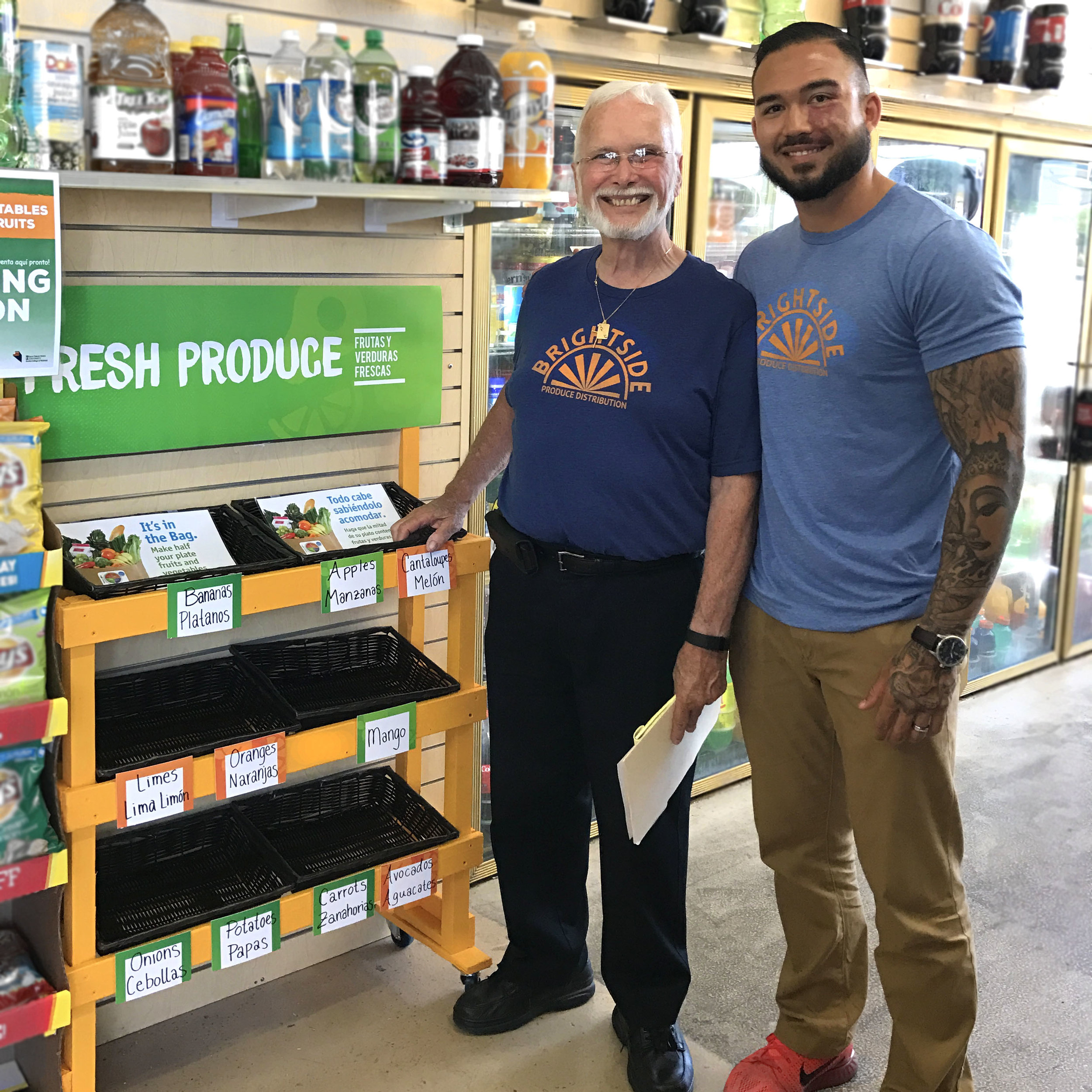
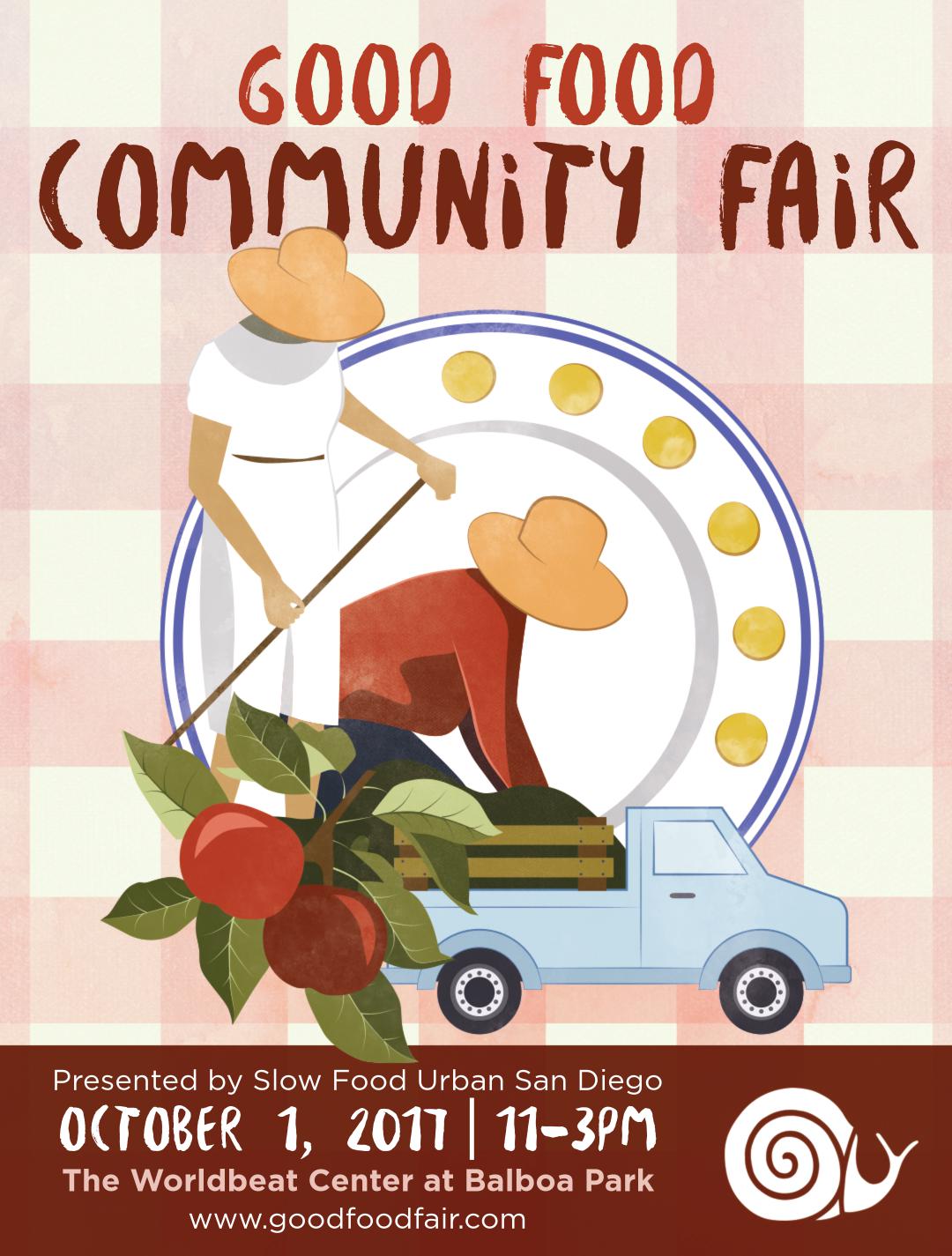


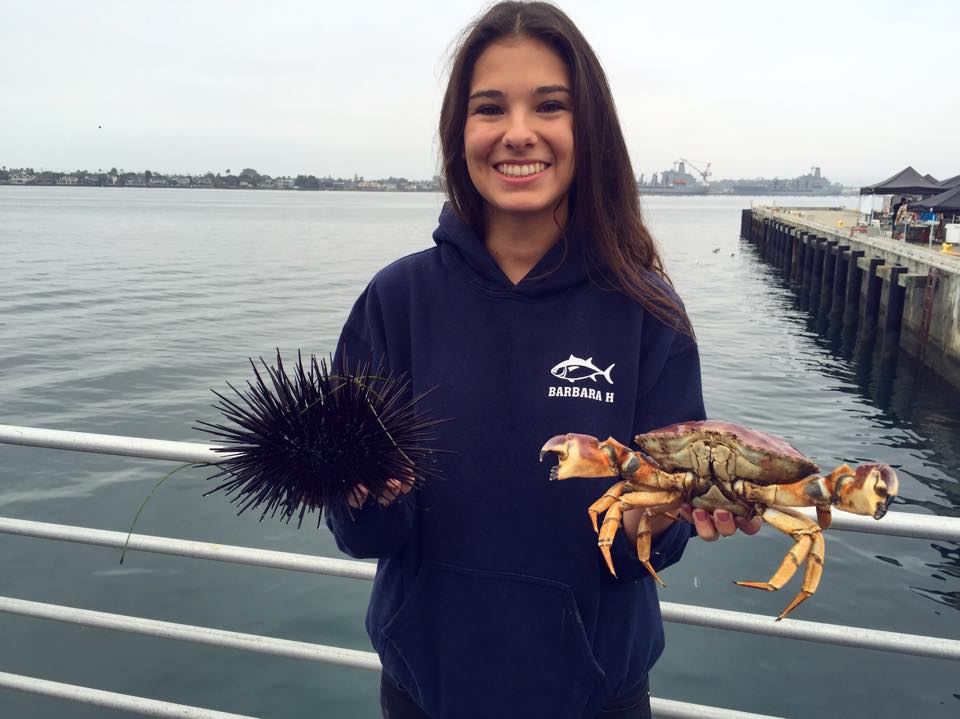
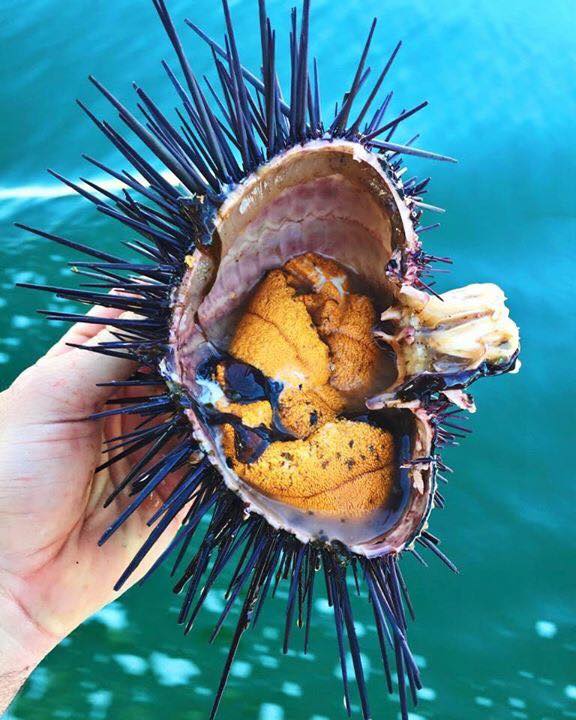





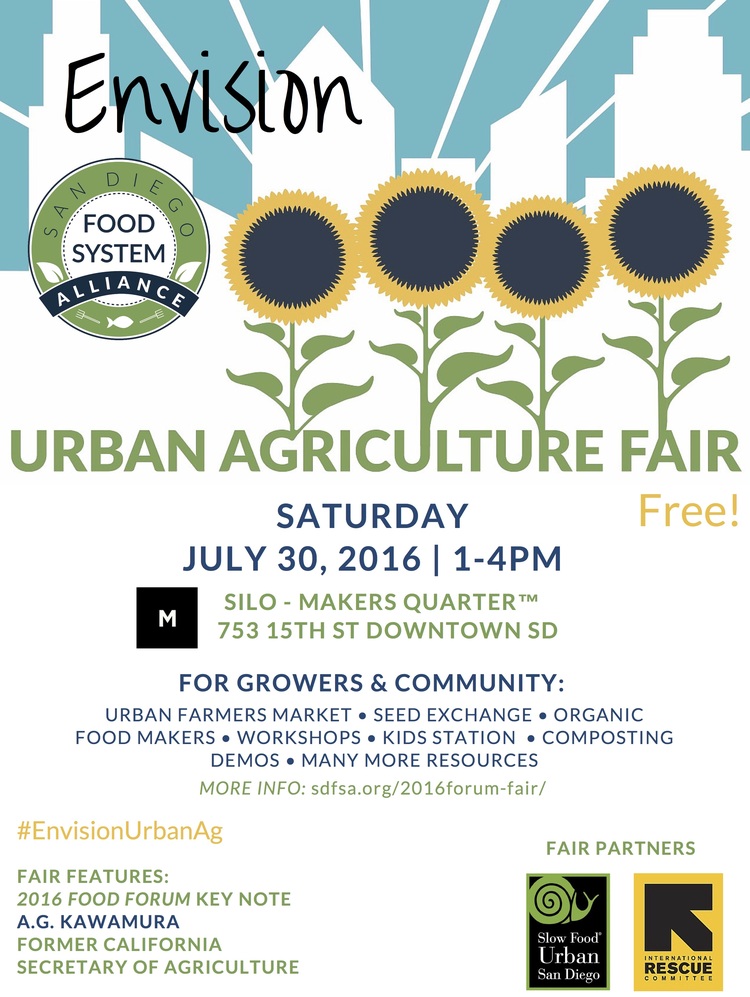











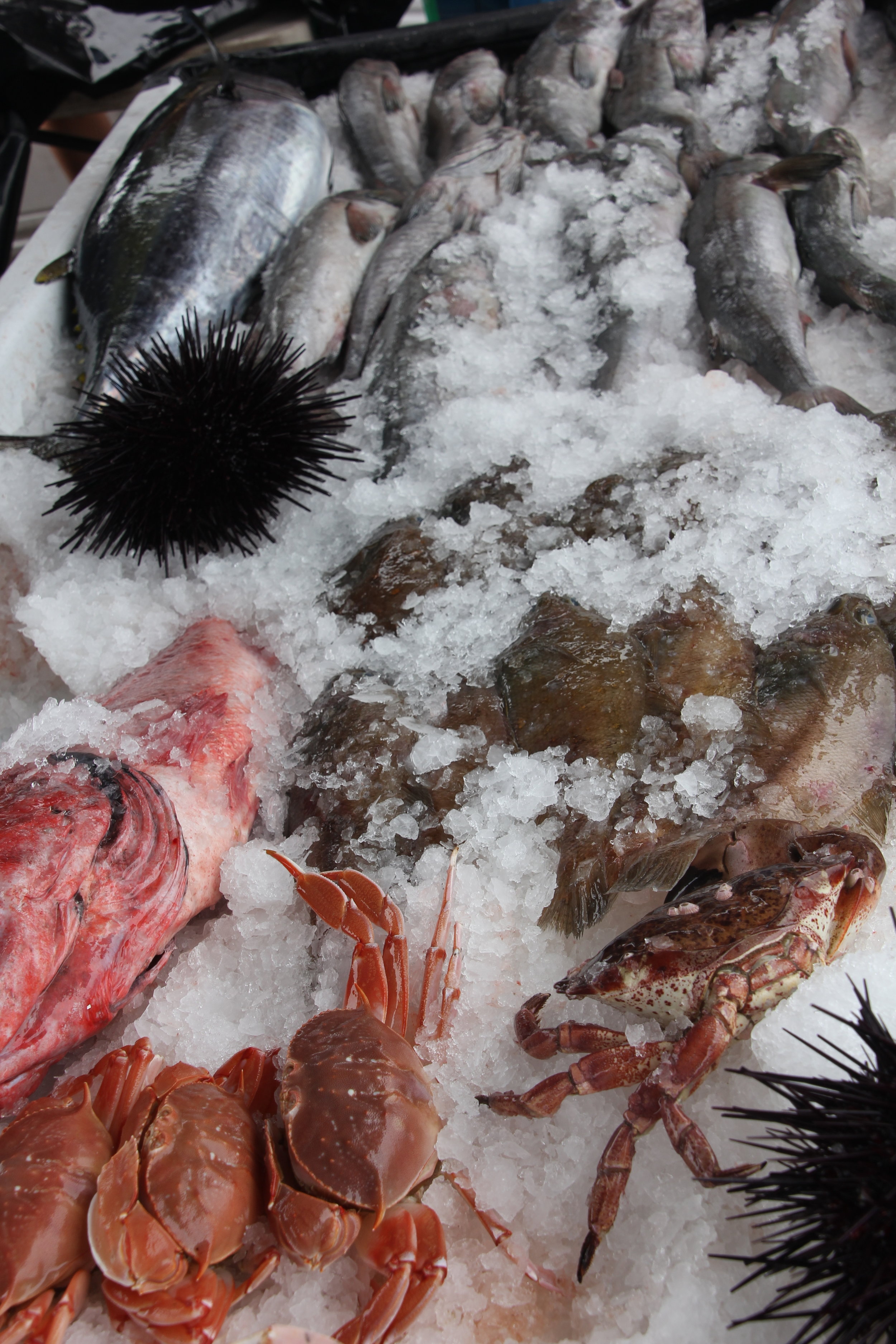
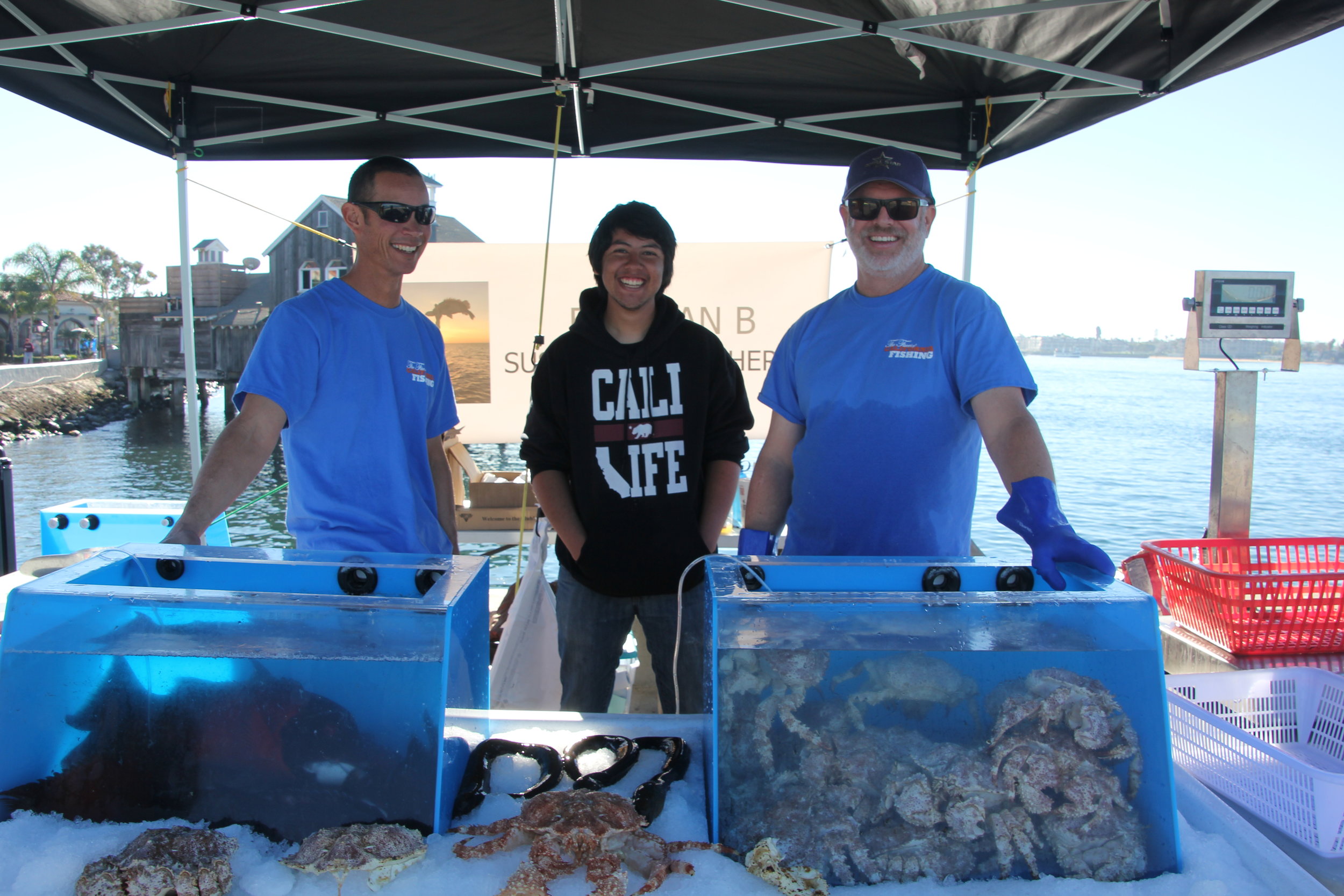
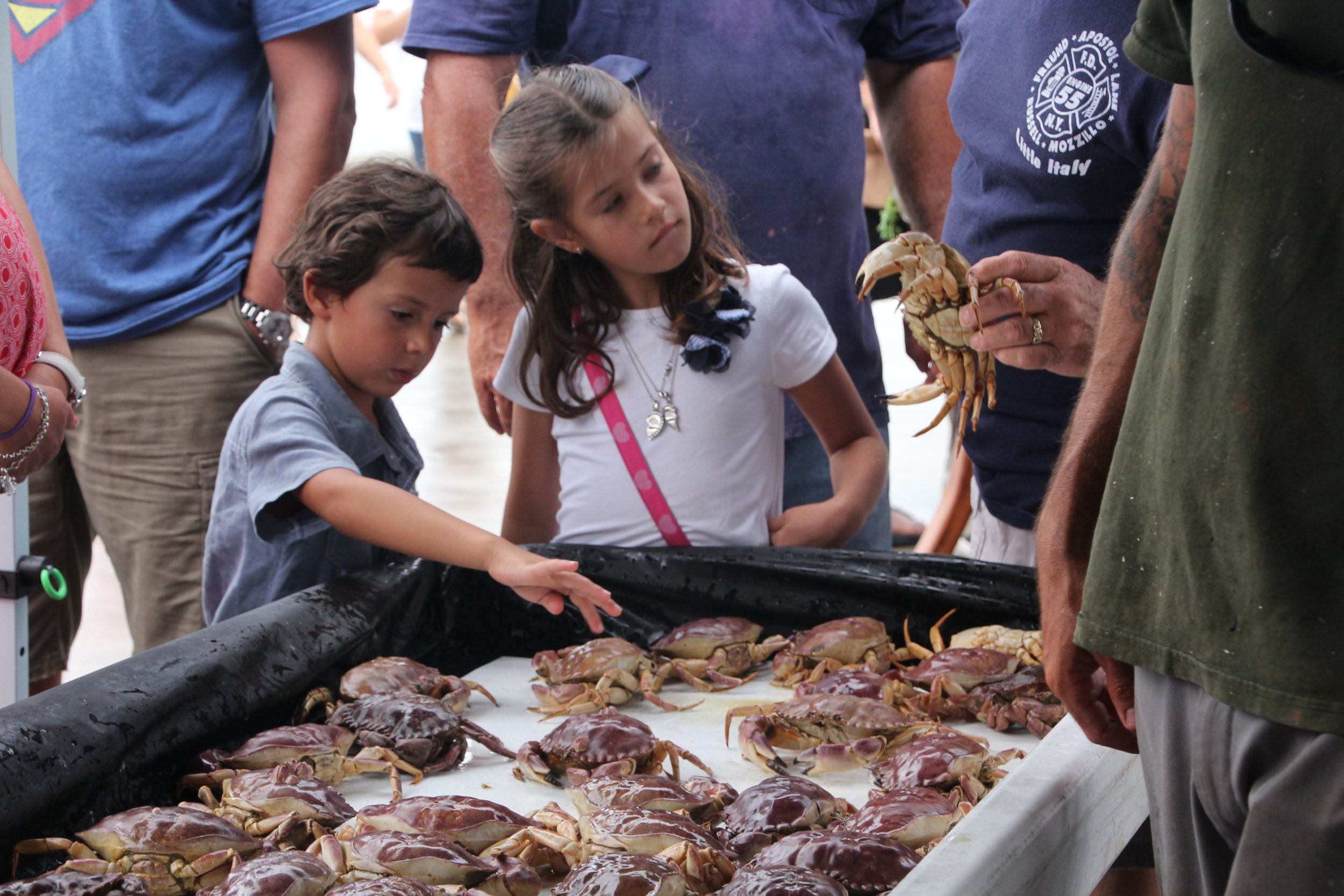





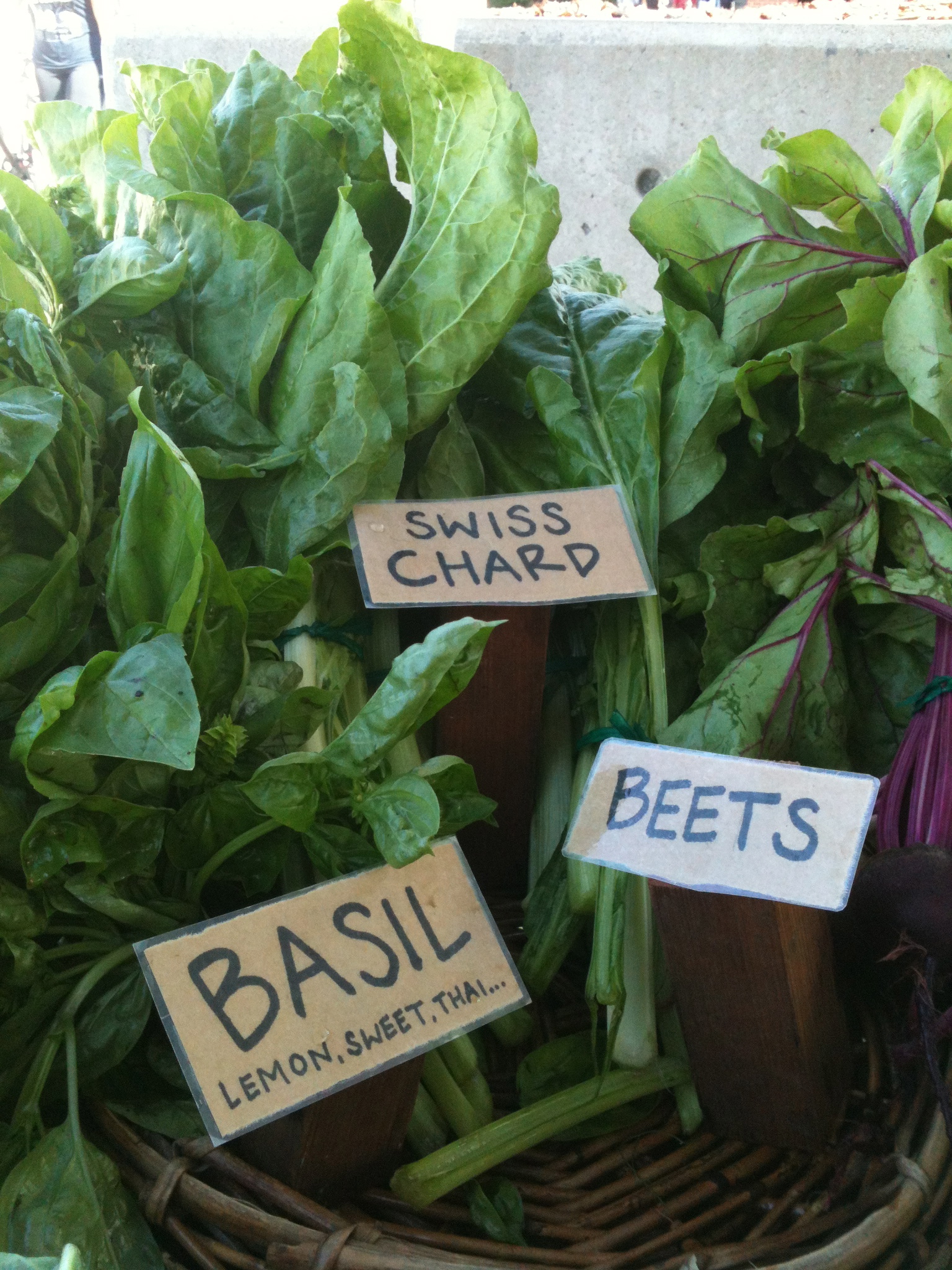

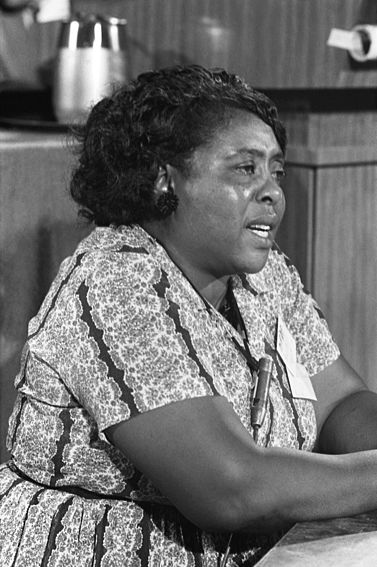 "All my life I've been sick and tired. Now I'm sick and tired of being sick and tired." - Fannie Lou Hamer, Civil Rights Activist
"All my life I've been sick and tired. Now I'm sick and tired of being sick and tired." - Fannie Lou Hamer, Civil Rights Activist


